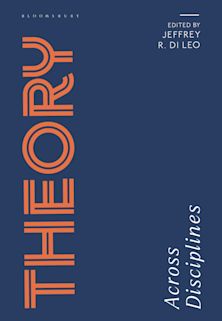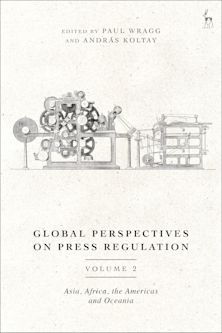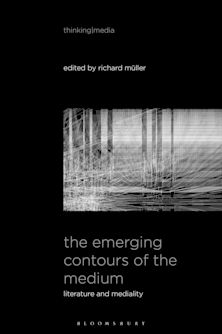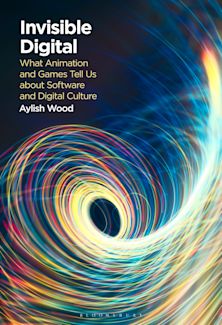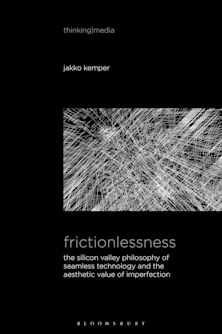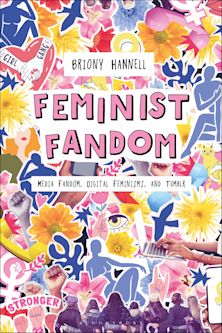- Home
- ACADEMIC
- Film & Media
- Media Theory
- Media Power in Indonesia
You must sign in to add this item to your wishlist. Please sign in or create an account
Description
Indonesia is undergoing a process of rapid change, with an affluent middle class due to hit 141 million people by 2020. While official statistics suggest that internet penetration is low, over 70 million Indonesians have a Facebook account, the fourth highest group in the world. Jakarta is the Twitter capital of the world with more tweets per minute than any other city around the globe. In the past ten years digitalisation of media content has enabled extensive concentration and conglomeration of the industry, and media owners are wealthier and more politically powerful than ever before.
Digital media is a prominent place of contestation between large, powerful oligarchs, and citizens looking to bring about rapid and meaningful change. This book examines how the political agencies of both oligarchs and ‘netizens’ are enhanced by digitalisation, and how an increasingly divergent society is being formed. In doing so, this book enters this debate about the transformations of society and power in the digital age.
Table of Contents
Product details
| Published | Jul 18 2017 |
|---|---|
| Format | Ebook (PDF) |
| Edition | 1st |
| Extent | 1 |
| ISBN | 9798216285878 |
| Imprint | Rowman & Littlefield Publishers |
| Illustrations | 3 tables |
| Series | Media, Culture and Communication in Asia-Pacific Societies |
| Publisher | Bloomsbury Publishing |
About the contributors
Reviews
-
This is a very timely and important study, with relevance for our understanding of Indonesia well beyond the operations of its media. Anyone wishing to understand contemporary Indonesian politics and society, and using the media as their point of entry or as a tool for that understanding, will have their task made easier by Tapsell’s study.
David T. Hill, Professor, Asia Research Centre, Murdoch University
-
This is an essential book that explores the relationship between the Indonesian media, especially in digital form, and oligarchy on the one hand, and civil society on the other. It provides a detailed but also reflective analysis of the way that digital media may help to further entrench the position of oligarchic elites, yet also nurture some sources of challenge to them, even if in often highly disorganised ways.
Vedi Hadiz, Professor of Asian Studies, Asia Institute, University of Melbourne

















